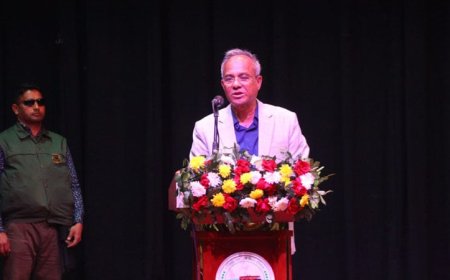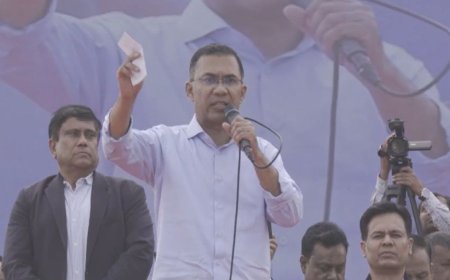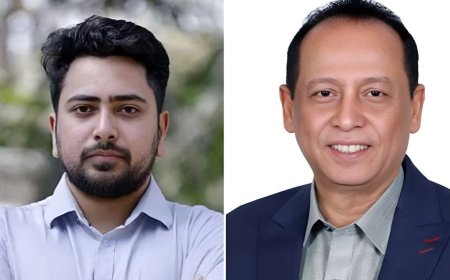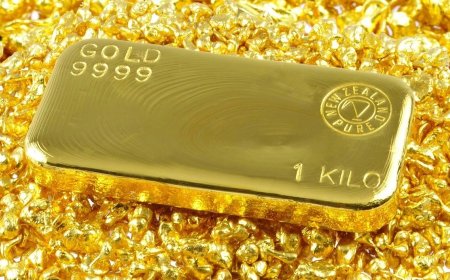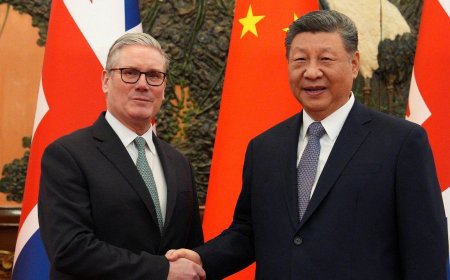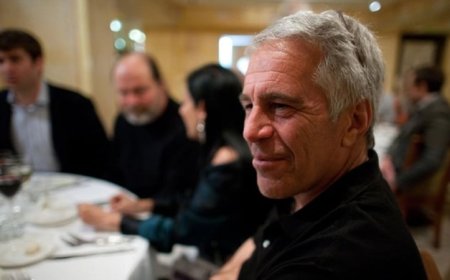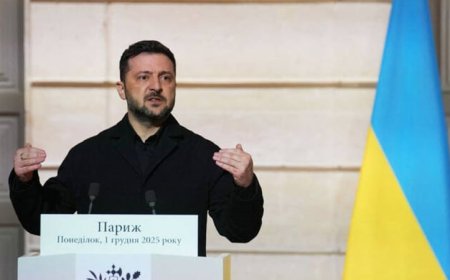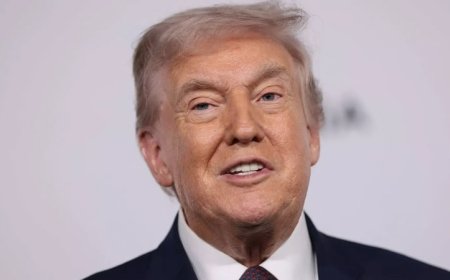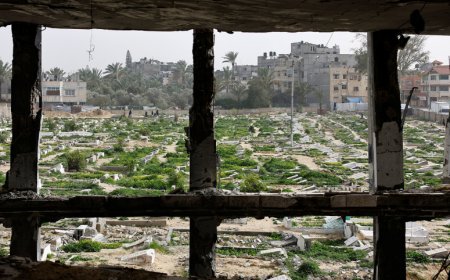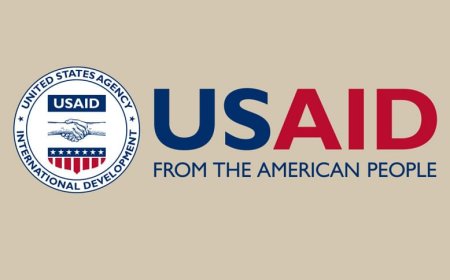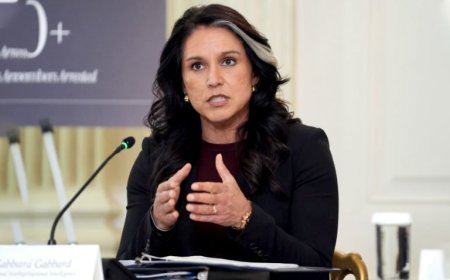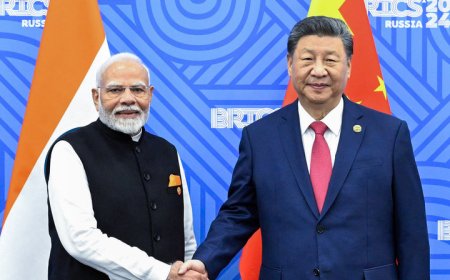Trump Keeps World Guessing With Shock Nuclear Test Order
Trump Keeps World Guessing With Shock Nuclear Test Order
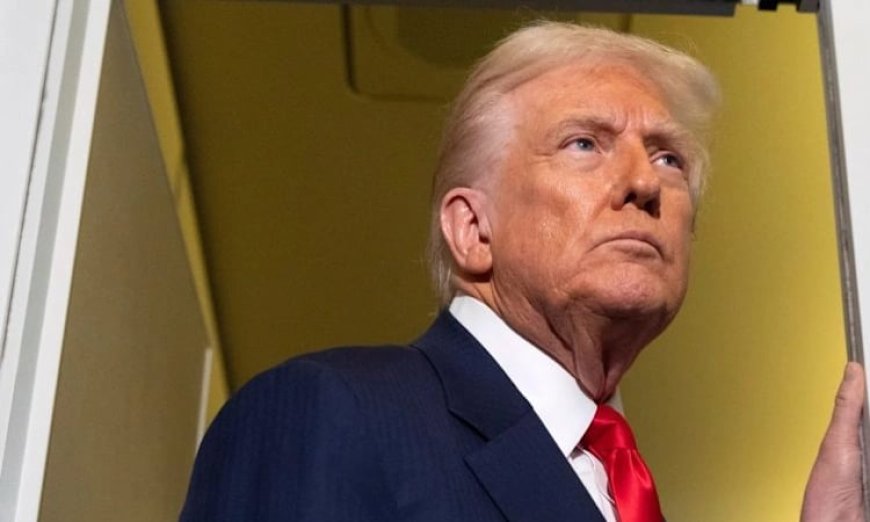
President Donald Trump reaffirmed on Friday his intention to resume testing of U.S. nuclear weapons but once again declined to clarify whether he meant live explosive tests—an ambiguity that has fueled global tension and confusion.
When asked by an AFP journalist aboard Air Force One if he was referring to underground detonations—the first in the U.S. since 1992—Trump replied, “I am not going to say.”
“You’ll find out very soon. But we’re going to do some testing, yeah. Other countries do it. If they’re going to do it, we’re going to do it,” he said while en route to spend Halloween at his Florida golf resort.
No country other than North Korea has conducted an explosive nuclear test in decades. Russia and China last did so in 1990 and 1996 respectively.
The 79-year-old Republican made the surprise announcement via social media on Thursday, just minutes before entering a summit with Chinese President Xi Jinping in South Korea.
The statement followed reports that Russia had tested a new nuclear-powered cruise missile, the Burevestnik, as well as a nuclear-powered and nuclear-capable underwater drone.
Iran—whose own controversial nuclear facilities were targeted by U.S. strikes earlier this year on Trump’s orders—condemned the directive as “regressive and irresponsible.”
“A nuclear-armed bully is resuming testing of atomic weapons. The same bully has been demonizing Iran’s peaceful nuclear program,” Iranian Foreign Minister Abbas Araghchi wrote on social media.
‘Pretty Responsible’
Japan’s atomic bomb survivors’ organization, Nihon Hidankyo, sent a letter of protest to the U.S. Embassy in Tokyo, saying the order “directly contradicts the efforts of nations around the world striving for a peaceful world without nuclear weapons and is utterly unacceptable.”
Despite international alarm and concerns within the U.S. Congress, Defense Secretary Pete Hegseth said the Pentagon was “moving quickly” to implement Trump’s order and described the move as “responsible.”
“The president was clear. We need to have a credible nuclear deterrent,” Hegseth told reporters in Kuala Lumpur. “Resuming testing is a pretty responsible, very responsible way to do that. I think it makes nuclear conflict less likely.”
However, China’s Foreign Ministry spokesperson Guo Jiakun urged the U.S. to “earnestly abide” by the global nuclear testing ban, while UN Secretary-General Antonio Guterres reiterated that “nuclear testing can never be permitted under any circumstances.”
The U.S. has been a signatory to the Comprehensive Nuclear-Test-Ban Treaty (CTBT) since 1996, which prohibits all nuclear test explosions for both military and civilian purposes.
Russia Pushes Back
Russia dismissed any suggestion that its recent weapons tests justified a return to live nuclear detonations. Kremlin spokesperson Dmitry Peskov questioned whether Trump was properly briefed and hinted that Moscow could resume its own live tests if Washington proceeded first.
“The recent weapons drills cannot in any way be interpreted as a nuclear test,” Peskov said. “We hope that the information was conveyed correctly to President Trump.”
According to the Stockholm International Peace Research Institute (SIPRI), Russia possesses 4,309 deployed and stored nuclear warheads, compared to 3,700 for the U.S. and 600 for China—excluding additional warheads slated for dismantlement.
The United States carried out 1,054 nuclear tests between 1945 and 1992. It remains the only country to have used nuclear weapons in war, with the bombings of Hiroshima and Nagasaki in 1945.
The last U.S. nuclear test, a 20-kiloton underground explosion, took place in September 1992 at the Nevada Nuclear Security Site. A moratorium on further tests, imposed the following month by President George H.W. Bush, has remained in place under every subsequent administration—until now.
What's Your Reaction?







